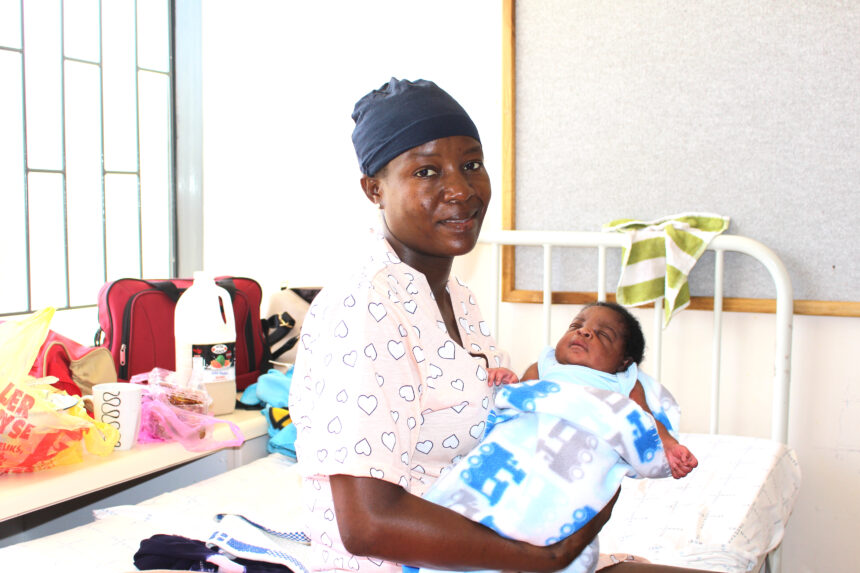Chelva Wells
The Namibian public healthcare sector performs Caesarean sections (C-sections) for 12% of all births annually, contrasting sharply with the private sector’s 73%.
This difference reflects varying practices and resources between the sectors.
Executive director in the Ministry of Health and Social Services Ben Nangombe in an interview with Nampa on Tuesday stated that C-section rates at tertiary hospitals like Windhoek Central Hospital and Katutura Intermediate Hospital were 31% in 2023.
“These facilities handle complex cases, including referrals for specialised care and neonatal ICU services. The World Health Organisation (WHO) advises that C-sections should be performed based on clear medical needs rather than meeting a target rate,” he said.
He stated that in State facilities, the primary medical reasons for C-sections include absolute indications such as obstructed labour or placenta previa and relative indications, such as foetal compromise identified through diagnostic tools.
Nangombe added that the average cost of a C-section in State hospitals is N$66000, covering surgical expenses, hospital stays and medical personnel salaries, compared to N$41 000 for a natural birth.
Differences arise from the additional requirements for anaesthesia and surgical staff, he said.
“Complications from C-sections in State hospitals include excessive bleeding, infections and anaesthesia-related risks. Vaginal births, while carrying their risks, generally have shorter recovery times and reduced hospital stays,” he said.
He added that patients from rural areas may undergo C-sections at district hospitals, or be referred to tertiary facilities in Windhoek based on the urgency and complexity of the case. Emergency C-sections are performed within 30 minutes when there is immediate danger, while elective procedures are scheduled, based on individual assessments.
“C-sections, while essential in specific cases, highlight the need for balanced decision-making to prioritise maternal and neonatal health within Namibia’s healthcare system,” he added.
-Nampa



